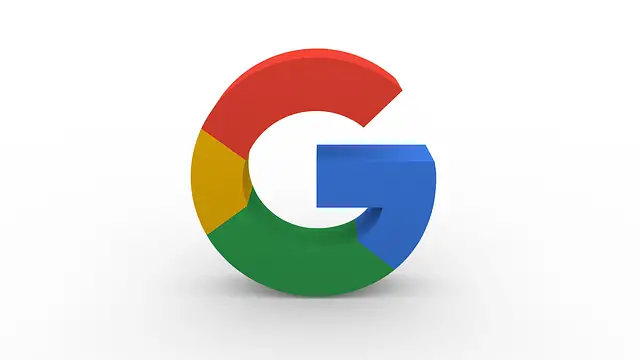
Microsoft accuses Google of conducting a covert campaign to gain favor with European authorities and antitrust bodies. According to Microsoft, Google is deliberately concealing its involvement in a new lobbying alliance, the Open Cloud Coalition, to present the initiative as independent. Microsoft asserts that Google established the coalition but strategically elevated smaller European companies to obscure its own role in the coalition’s management and funding.
Microsoft claims that Google will attempt to appear as a minor participant in the coalition, though, in reality, Google exercises control over it. The consulting firm DGA Group, responsible for recruiting participants to the Open Cloud Coalition, confirmed that the coalition is set to launch officially on October 29, though the precise sources of its funding remain undisclosed.
The coalition is led by Nicky Stewart, director of the British cloud company Civo. In a statement, Stewart emphasized that coalition participants will be transparent, and their names will be listed on a forthcoming website. The coalition includes companies such as Google, Civo, Centerprise International, Gigas, ControlPlane, among others. Stewart highlighted that the coalition supports an open and competitive cloud services market in Europe and encourages the participation of companies sharing these values.
Moreover, Google allegedly offered “buyout” funds totaling €470 million to one of the most influential alliances—the European Cloud Infrastructure Service Providers Association (CISPE)—to impede its settlement with Microsoft; however, the association declined the offer.
Google is now forming its own alliance, akin to CISPE, to lobby for its interests in Europe. This coincides with changes within the European Commission and an investigation in the UK into the imposition of cloud services, which is expected to conclude by the end of 2025.
Microsoft states that Google seeks to divert attention from scrutiny in the United States, where it also faces accusations of monopolistic practices. Google, on the other hand, argues that Microsoft’s actions hinder competition, choice, and have adverse effects on security and innovation.
Additionally, Microsoft accuses Google of hiring experts and commentators who conceal their association with the company while publicly criticizing competitors in articles and public speeches. According to Microsoft, such methods create a distorted view of the competitive landscape, misleading both the public and regulators. Microsoft underscores its willingness to discuss and modify its products to meet customer and partner needs, yet it deems Google’s tactics unfair and disruptive.


